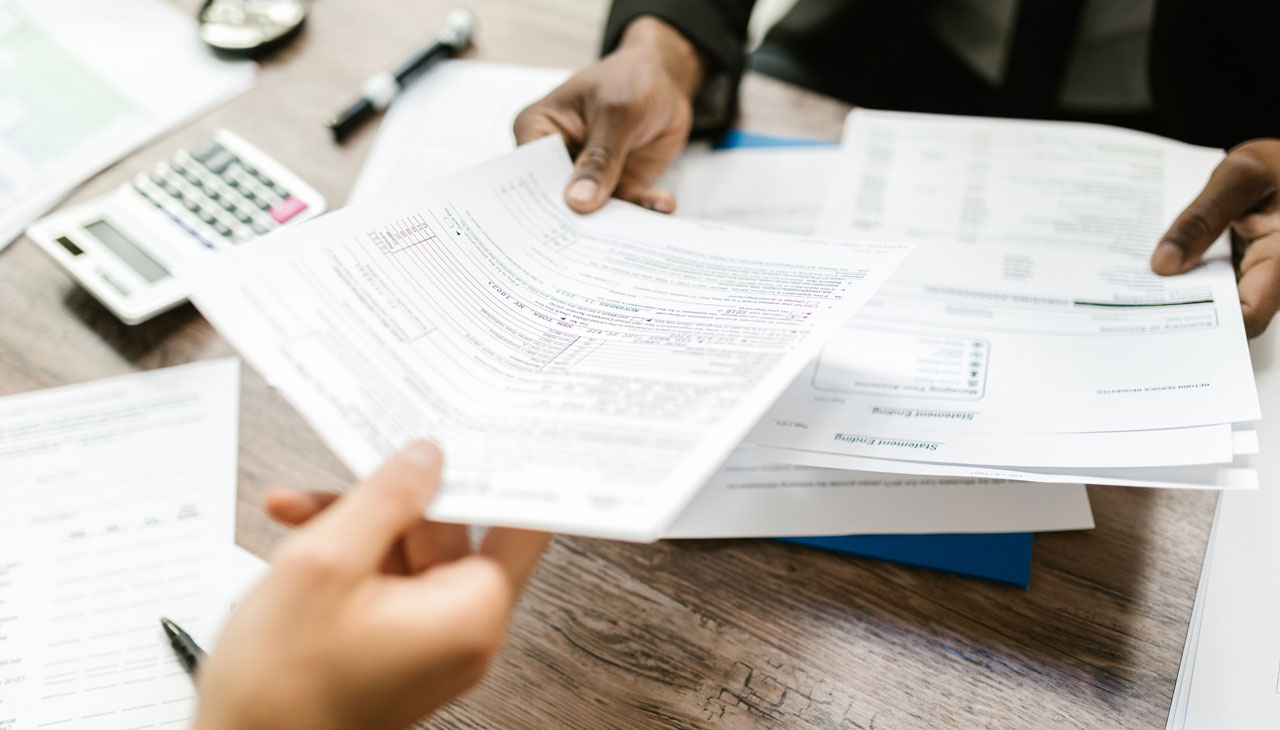
The Importance of Keeping Your Information Safe
With the digital world we live in, scammers and hackers are plentiful, so there are key steps to take to maintain safety.
When using the internet, it is important to take precautions to keep yourself and your information safe from fraud and hackers.
Here are various tips from WSFS Chief Information Security Officer Robert Eastwood to help you stay safe and secure. They include, but aren’t limited to:
- Keeping your device software up-to-date.
- Changing any default device passwords immediately.
- Making sure all of your devices are password and PIN protected.
- Using two-factor authentication whenever available for an added layer of security.
- Making sure anti-virus and anti-malware software is up-to-date and running properly.
- Making sure your home Wi-Fi is secured using WPA2 or WPA3, which provide a more secure internet connection than older WPA systems.
- Using a home firewall, which your internet service provider should be able to help with.
- Talking to the device manufacturers’ tech support if you have any questions about further securing the device.
While there are many steps to be taken to keep yourself safe, thousands of individuals fall victim to hackers and fraud on a daily basis.
This can be especially detrimental for bank accounts, for example.
From phishing schemes to imposters pretending to be your bank, scams are commonplace, so it is important to stay vigilant to protect yourself, your information and your bank accounts.
RELATED CONTENT
“Some precautions you can take to help protect your information include using digital channels for banking transactions when possible, avoiding suspicious links and monitoring your accounts closely,” said Eastwood. “If you find something suspicious, notifying your financial institutions immediately can be paramount if you have been a victim of fraud.”.
When making digital payments or transactions, it is also very important to ensure you are sending money to the correct person.
Even when taking these various precautions, scams and fraud can still be privy to happen.
If you think you are the victim of fraud, there are a few immediate steps to take, including:
- Contact your banks and credit card companies to freeze your accounts, place a stop payment on missing or stolen checks, report any instances of fraudulent charges, get new cards and account numbers.
- Stop using your computer or mobile device if it has been compromised and get it professionally wiped.
- Changing usernames and passwords to all of your email, shopping, online banking and social networking accounts.
- Placing a fraud alert on your credit reports by contacting all three major credit bureaus: Equifax, Experian and TransUnion.
- Contact the Social Security Administration if you suspect that your Social Security number has been compromised.
- File a police or identity theft report as well as a report with the Federal Trade Commission, which maintains a database of identity theft cases used by law enforcement for investigations.
Taking these steps can go a long way toward protecting yourself, your identity, private information and your wallet from scams.











LEAVE A COMMENT: